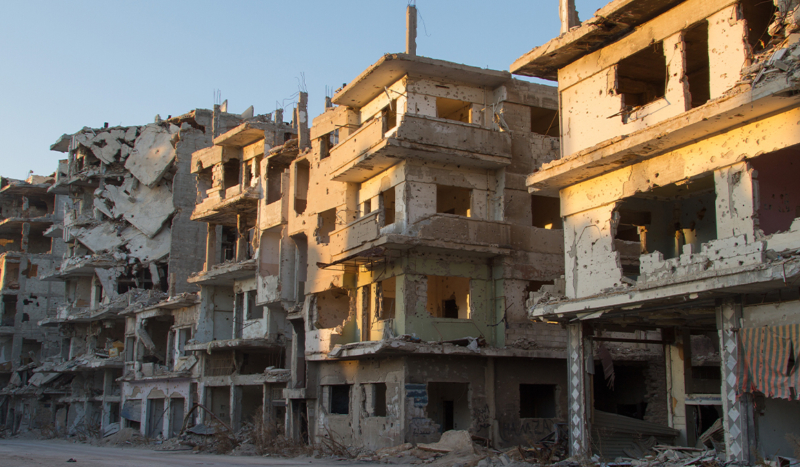
Adobe Stock
Israel said July 16 it carried out strikes on Syria’s Defense Ministry headquarters in Damascus in response to attacks on the Druze community in southern Syria. Hours later, Secretary of State Marco Rubio announced on X that all parties involved had agreed to “specific steps” to end the violence.
“The IDF continues to monitor developments and the regime’s actions against Druze civilians in southern Syria,” the Israel Defense Forces (IDF) said on X. “In accordance with directives from the political echelon, the IDF is striking in the area and remains prepared for various scenarios.”
Israeli Prime Minister Benjamin Netanyahu said the military operation reflects Israel’s commitment to protecting the Druze community, a religious minority that traces its roots to Islam and resides across Syria, Lebanon, and Israel.
“We have a commitment in Israel to maintaining the southwestern region of Syria,” Netanyahu said in a July 15 video statement translated into English. “And we are also committed to protecting the Druze residents.”
The New York Post reported that violence began July 14 “when Syrian troops were deployed to the Sweida region to try and quell the fighting between the Druze and Bedouin armed forces.” The initial spark, according to the report, was the beating and robbery of a Druze man at a security checkpoint by Bedouin armed forces.
Clashes have intensified since then. According to Axios, hundreds have been killed in Suwayda in the past 24 hours in fighting between Druze, Bedouin militias, and Syrian government-affiliated groups.
The US responded to the violence, with Rubio saying July 16 that Washington is pushing for peace.
“We’ve been engaged with them all morning long and all night long — with both sides,” Rubio told reporters in the Oval Office. “And we think we’re on our way toward a real de-escalation and hopefully get back on track in helping Syria build a country.”
Later that day, Rubio posted a statement on his personal X account about the agreement with the parties involved in the Syria clashes.
“We have agreed on specific steps that will bring this troubling and horrifying situation to an end tonight,” he wrote. “This will require all parties to deliver on the commitments they have made and this is what we fully expect them to do.”
Turkey also weighed in on the strikes, with Foreign Minister Hakan Fidan saying Ankara conveyed its concerns to Israel through intelligence channels and remains in close contact with the US and other regional powers.
The strikes mark a dramatic escalation in Syria’s instability following the collapse of Bashar al-Assad’s regime in December 2024. The political transition has led to dangerous attacks on Christian communities, including the June suicide bombing at a Greek Orthodox church in Damascus that killed at least 25 people.

